A saying among the very rich goes something like: “The first generation makes it, the second generation spends it, and the third generation blows it.”
It might not be entirely accurate, and perhaps it is even a bit unfair, but it wouldn’t be a stretch to apply the expression to Texas’ most “politically” rich family — the one headed by the late former President George H.W. Bush.
On Tuesday, Bush’s grandson and No. 2 namesake, George P. Bush, got thumped badly in his quest to become the Republican nominee for Texas attorney general. The loss by more than a 2-1 ratio to incumbent Ken Paxton in the GOP runoff dealt the Bush family its first defeat in a statewide election since the elder Bush was Ronald Reagan’s running mate in 1980, when that ticket began an unbroken 40-year run for Republican presidential candidates in Texas.
In an interview for the obituary for the former president, who died in November 2018, biographer Bill Minutaglio noted that when Bush, wife Barbara and their toddler son George W. were in the family’s red Studebaker going from New England to Texas in 1948, they were effectively planting the seeds for what would become the modern Republican Party in a state dominated by Democrats since Reconstruction.
Texas was very much a conservative state back then, as it pretty much is now. But in those days, conservatives all over the South were Democrats. Republicans, the few of them there were, tended to be hard-right extremists who called Lyndon Johnson a “traitor” to Texas for joining John Kennedy’s ticket in 1960, or simply irrelevant. Perhaps even both.
Bush brought with him to Texas a brand of Republicanism that prospered for generations back East: business-minded, generally trusting in government but uncomfortable with its potential for excess and champions of individualism.
That also could describe much of the Democratic Party ruling class in midcentury Texas.
“There’s no doubt Bush’s presence in Texas helped give those Democrats permission, if you will, to leave the party of their fathers and find their true home in the Republican Party,” said Minutaglio, the author of the pre-presidential biography of George W. Bush, “First Son.”
Still, Bush had a difficult time cracking the Texas Democrats’ grip. He lost two races for the U.S. Senate but in between was twice elected to Congress from a district in Houston. To illustrate the Democrats’ hold over Texas, if Bush had driven to Washington during his first term in Congress with the entire GOP delegation in that same Studebaker, he’d have had one fewer passenger than he did in 1948.
Bush used his two terms in Congress to make national connections that put him on the road to first the vice presidency and then the top spot. And ever so slowly, many of those conservative Texas Democrats found that “true home” in the GOP.
Bush coined the phrase “kinder, gentler” to describe his brand of Republicanism. When George W. followed his father into politics, he tweaked it to “compassionate conservativism.” And so popular did the younger Bush become that during all of his years as governor and most of his presidency, nearly every Texas Republican candidate with a shot glass’ worth of ambition strained mightily to convince voters that he or she was a lifelong bestie with George W.
That affection no doubt greased the path for George P. when he ran for and won two terms as Texas land commissioner. So destined for stardom did the youngest Bush appear to be when he entered politics that one-time George W. adviser Mark McKinnon quipped that the new land commissioner should be called “47.” It was a play on the nicknames applied to the older Bushes, the 41st president and the 43rd president.
But along the way, the political landscape shifted away from Bushism and toward Trumpism.
George P. tried to straddle the divide, pledging fealty to the president who not only defeated his father, former Florida Gov. Jeb Bush, for the 2016 GOP nomination, but belittled him along the way.
The youngest George Bush, who made his national debut at the tender age of 12 when he led the 1988 GOP convention that nominated his grandfather for president in the Pledge of Allegiance, tried his best to win Trump’s endorsement against Paxton, but the incumbent attorney general won that contest, too.
Ironically, the once irrelevant faction that faded when Texas’ first George Bush ascended bore more than a little passing resemblance that to the resurgent hard-right conservatives who thwarted the political ambitions of the last one.
John C. Moritz
Columnist
USA TODAY NETWORK
© Copyright (c) 2022 Austin American-Statesman
—-
This content is published through a licensing agreement with Acquire Media using its NewsEdge technology.



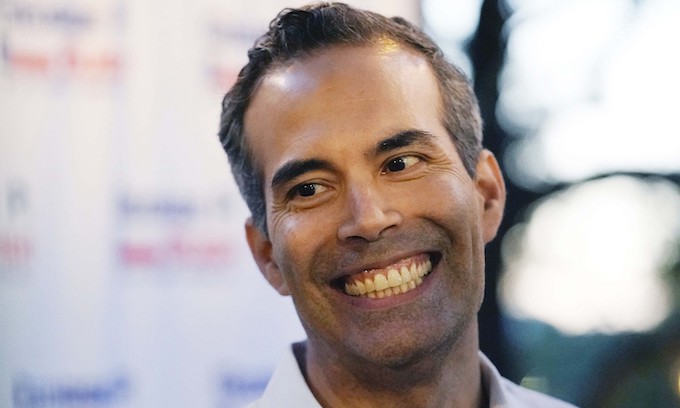
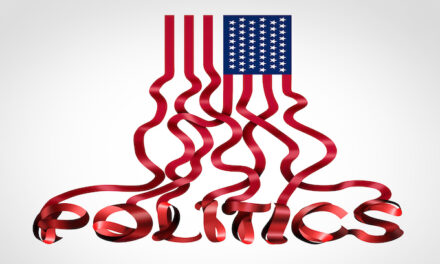

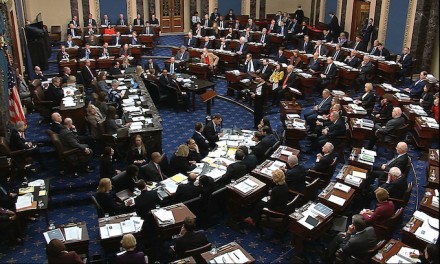
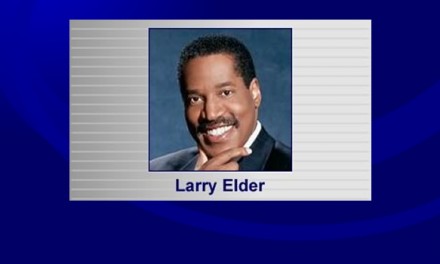










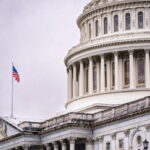
No more Bush’s. Going forward, all politicians have to be America First, godly, Constitution-loving, intelligent Conservative and a FIGHTER! Brave and able to withstand the enemy’s schemes and tricks. Trump is our role model!
GOOD. Lets hope this spells the LAST TIME we see a bush run!
The bush name is not so “Grand” in Texas anymore.